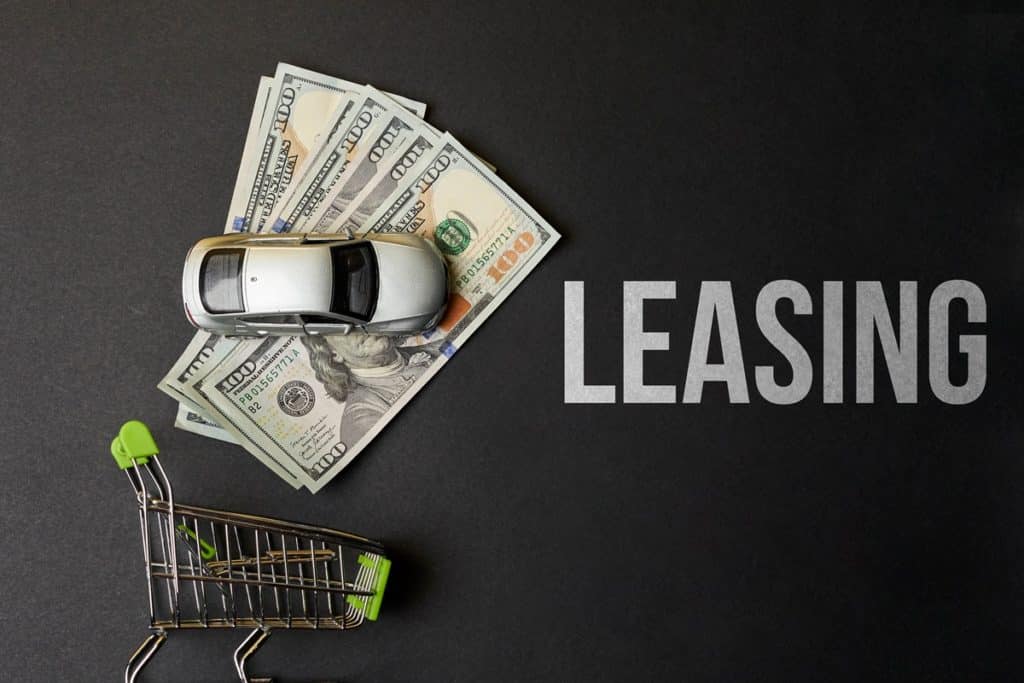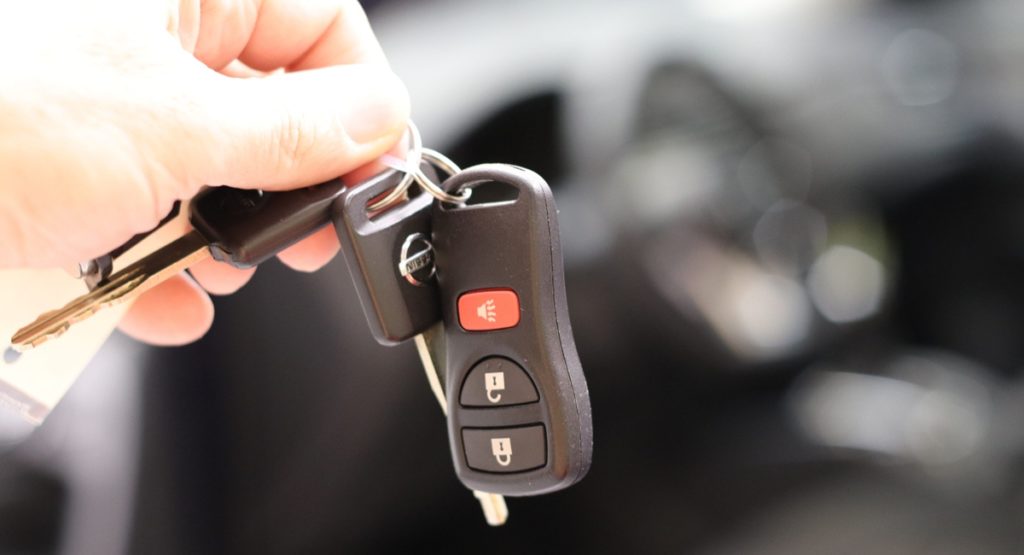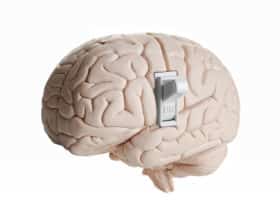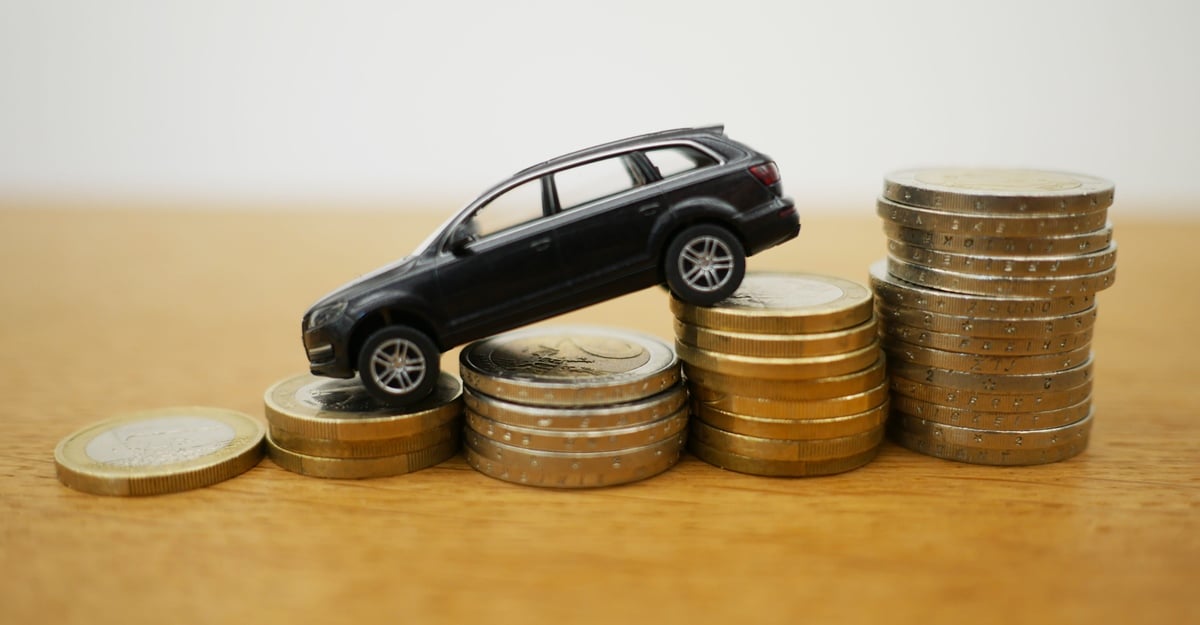Leasing a car has become increasingly popular in recent years, with many people attracted to the idea of driving a brand-new vehicle for a lower monthly payment than buying one outright. However, leasing isn’t always the best option for everyone.
In this article, we will explore 10 reasons not to lease a car, and why you might want to think twice before signing that lease contract.
1. Cost Over the Long Term
While leasing may offer lower monthly payments compared to buying, it’s important to consider the overall cost over time. When you lease, you’re essentially renting a car for an agreed period, and at the end, you have nothing to show for it. You’ll need to lease another vehicle or purchase one after your lease ends, meaning you’ll be back to square one.
Ownership vs. Renting
On the other hand, when you buy a car, each monthly payment brings you closer to full ownership. Once the loan is paid off, the car is yours to keep, sell, or trade-in as needed. This means buying can actually save you money in the long run, making it a more financially wise decision for those planning to drive their car for several years.

2. Mileage Limitations
One of the major downsides of leasing a car is the strict mileage limits typically imposed on your contract. Most leases come with an annual limit, usually between 10,000 and 15,000 miles, and going over this can result in hefty penalties.
Paying for Excess Mileage
If you tend to drive a lot or take long trips, leasing may not be the most cost-effective option for you. Those who go over their mileage limit can face fees of 15 to 25 cents per mile—meaning that just a few thousand extra miles could add up to hundreds or even thousands of dollars in penalties.
3. Wear and Tear Fees
When you return your leased car at the end of its term, it must be in good condition, with only “normal” wear and tear. However, normal is often open to interpretation, and many leaseholders find themselves facing unexpected charges for excess wear and tear.
Avoiding Surprise Costs
To avoid these surprise costs, you’ll need to be extremely careful about maintaining your leased vehicle throughout its term. But even if you’re diligent about upkeep, you may still run into disagreements with the leasing company about what constitutes normal wear and tear, leading to potential disputes and added expenses.
4. Limited Customization Options
Because you don’t own the car when you lease, you’re limited in the modifications and customizations you can make. If you enjoy personalizing your vehicle or making performance upgrades, leasing may not be the best fit for you.
Giving Up Personal Touches
Leasing means giving up the ability to truly make your car your own, as any alterations will likely result in additional fees when returning the vehicle at the end of the lease. This can be frustrating for those who view their vehicle as an extension of their personality and style.
5. Early Termination Penalties
Life happens—and sometimes, circumstances change, requiring a shift in your transportation needs. With a leased car, ending the contract early can come with significant financial consequences.
Breaking Free of the Lease
Early termination fees can often be thousands of dollars, making it a costly endeavor to get out of your lease should you need to do so. In comparison, if you own a vehicle and need to sell or trade it in, you have more flexibility and control over the process without being subject to such hefty penalties.

6. Insurance Costs
When leasing, it’s important to factor in the cost of insurance, which may be higher compared to owning a vehicle outright. Leasing companies typically require lessees to carry higher coverage limits and additional “gap” insurance to protect their investment.
Budgeting for Insurance
This means that you’ll likely end up paying more for insurance when leasing than you would if you purchased the same car, adding to the overall expense of the lease.
7. Maintenance Requirements
While some leases include maintenance packages, not all do, and it’s essential to maintain your leased vehicle throughout its term. Failing to keep up with regular maintenance can result in fees and damage charges at the end of the lease.
Staying on Top of Car Care
This means you’ll need to stay diligent about scheduling and paying for necessary services, like oil changes and tire rotations, even though you don’t actually own the car.
8. Limited Negotiation Power
When negotiating the purchase of a new car, there are many opportunities to haggle and potentially lower the price. However, this is often not the case with leasing, where terms and fees can be more rigid and inflexible.
Finding the Best Deal
You may find yourself with less room to negotiate when leasing, potentially missing out on potential savings or benefits that you could have accessed by purchasing a vehicle outright.
9. The Cycle of Leasing
As mentioned earlier, at the end of your lease term, you’re left with no equity or ownership in the vehicle. This means you’ll need to start the process over again—securing a new lease or financing a purchase—resulting in a never-ending cycle of monthly payments.
Breaking the Lease Loop
For those looking for long-term value and financial stability, buying a car and working towards ownership is often a more sensible choice compared to being caught in the leasing loop.
10. No Tax Benefits
Lastly, unlike some other financial arrangements, there are typically no tax benefits associated with personal car leases. In fact, you may end up paying more in taxes when leasing, as you’ll likely face sales tax on each monthly payment.
Considering the Bottom Line
When it comes to taxes, leasing doesn’t offer any advantages and may even cost you more than owning a vehicle outright.
10 Reasons Not to Lease a Car: Final Words
In conclusion, while leasing might seem like an attractive option at first glance, it’s essential to consider these drawbacks before making a decision. By carefully weighing the pros and cons, you can determine whether leasing or buying a car is the best choice for your unique needs and circumstances.















